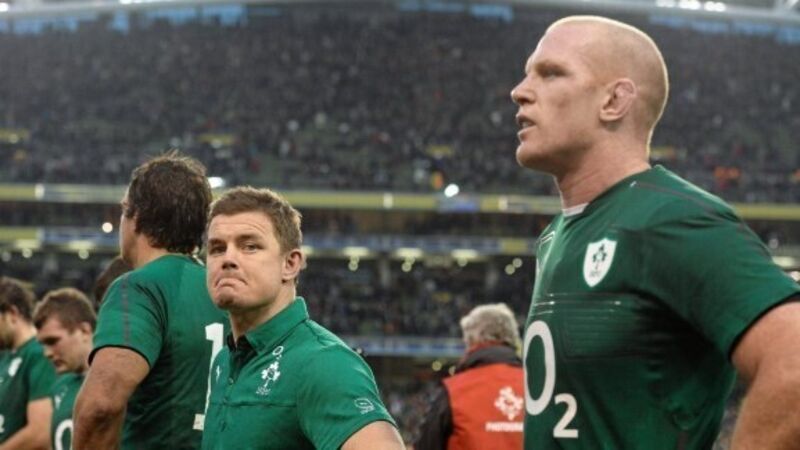What makes the elite better than the rest?

The New Zealand rugby team are considered among the best athletes in the world and I was delighted to have an opportunity to watch them live.
After the final whistle we tried to articulate our views on the final minutes of the game. Both guys praised the All Blacks for their ability to believe in themselves right up to the final whistle. It’s hard to get away from their sheer mental fortitude. As the dust settled on the gut-wrenching result, it’s interesting to ask what makes true sporting excellence?












